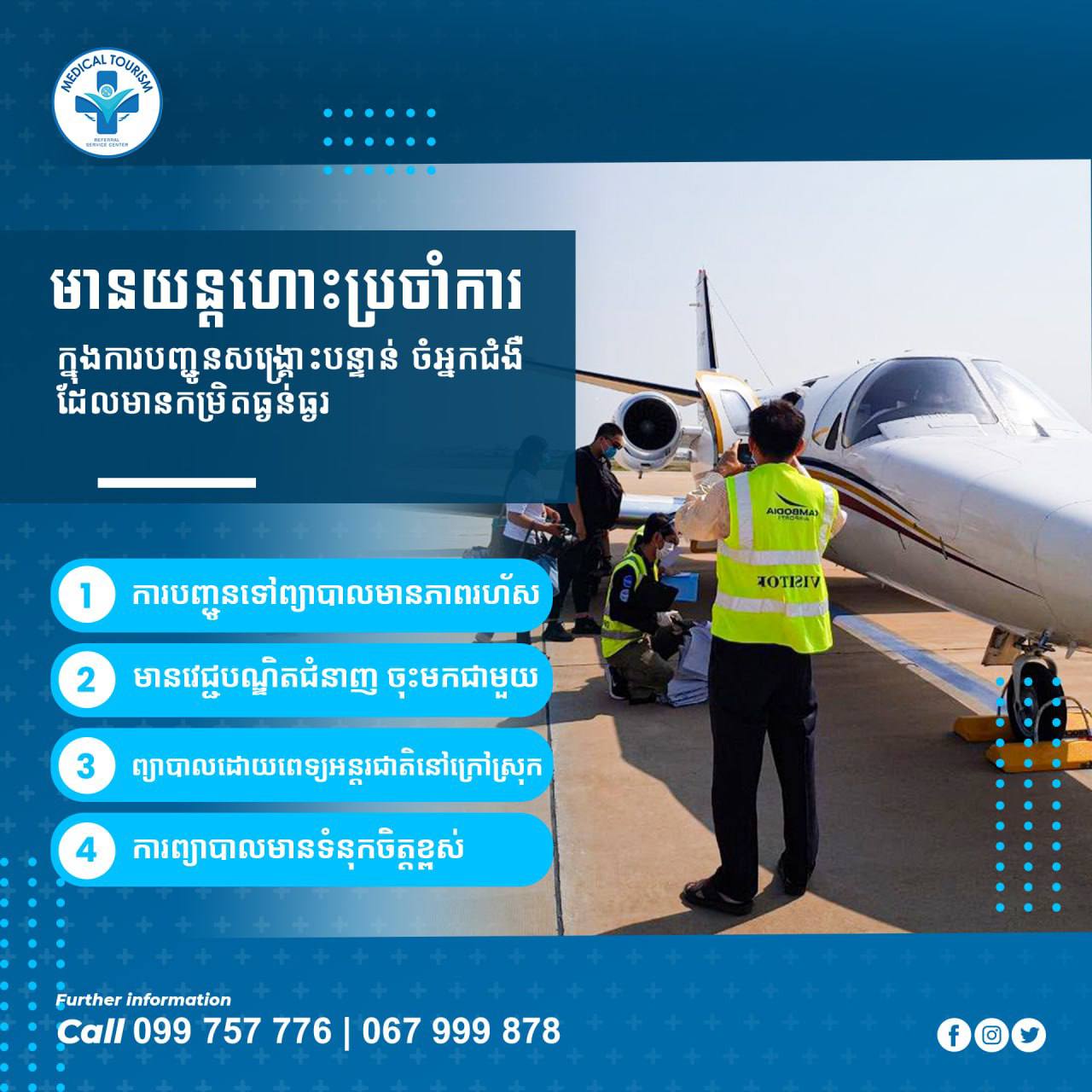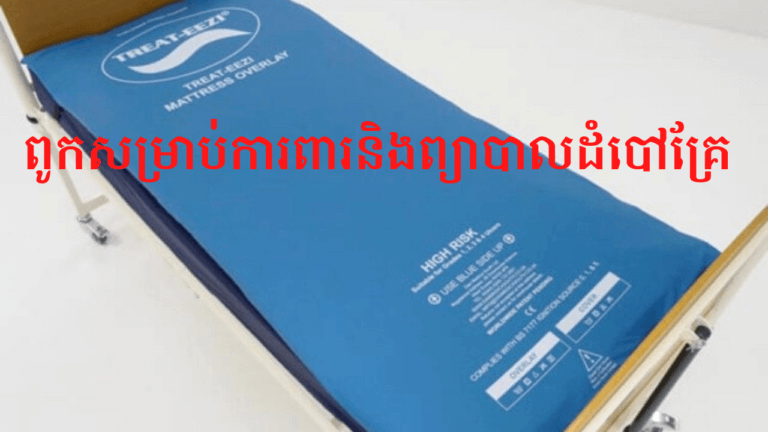Diseases February 1st, 2025
Complication of hypertension
Hypertension (high blood pressure) is often called the “silent killer” because it typically has no symptoms but can lead to serious complications if left untreated. Over time, uncontrolled high blood pressure damages blood vessels and organs, increasing the risk of life-threatening conditions. Here’s a detailed overview of the complications of hypertension:
1. Cardiovascular Complications
Hypertension is a major risk factor for heart disease and related conditions.
A. Heart Disease
- Coronary Artery Disease (CAD):
- High blood pressure damages the arteries, leading to plaque buildup (atherosclerosis) and reduced blood flow to the heart.
- Heart Attack:
- Reduced blood flow to the heart muscle can cause a heart attack.
- Heart Failure:
- The heart must work harder to pump blood, leading to thickening of the heart muscle (left ventricular hypertrophy) and eventual heart failure.
B. Arrhythmias
- High blood pressure can disrupt the heart’s electrical system, causing irregular heartbeats (arrhythmias).
C. Aortic Aneurysm
- High blood pressure weakens the walls of the aorta, the body’s main artery, leading to a bulge (aneurysm) that can rupture and cause life-threatening bleeding.
2. Cerebrovascular Complications
Hypertension is a leading cause of stroke and other brain-related conditions.
A. Stroke
- Ischemic Stroke: High blood pressure can cause blood clots to form or travel to the brain, blocking blood flow.
- Hemorrhagic Stroke: High blood pressure weakens blood vessels in the brain, causing them to burst and bleed.
B. Transient Ischemic Attack (TIA):
- A “mini-stroke” caused by temporary reduced blood flow to the brain.
C. Cognitive Impairment and Dementia
- Chronic high blood pressure can damage small blood vessels in the brain, leading to:
- Vascular dementia.
- Alzheimer’s disease.
- Mild cognitive impairment.
3. Kidney Damage (Hypertensive Nephropathy)
- High blood pressure damages the blood vessels in the kidneys, reducing their ability to filter waste and regulate fluid balance.
- Complications include:
- Chronic kidney disease (CKD).
- Kidney failure (end-stage renal disease), requiring dialysis or a transplant.
4. Eye Damage (Hypertensive Retinopathy)
- High blood pressure damages the tiny blood vessels in the retina, leading to:
- Blurred vision.
- Vision loss.
- Retinal bleeding or detachment.
5. Peripheral Artery Disease (PAD)
- High blood pressure contributes to the narrowing of arteries in the legs, arms, stomach, or head, causing:
- Pain, numbness, or weakness in the limbs.
- Increased risk of infections and poor wound healing.
6. Sexual Dysfunction
- In men, high blood pressure can reduce blood flow to the penis, leading to erectile dysfunction.
- In women, it can reduce blood flow to the vagina, causing decreased libido or difficulty with arousal.
7. Metabolic Syndrome
- Hypertension is often part of a cluster of conditions (metabolic syndrome) that increase the risk of heart disease, stroke, and diabetes. These include:
- High blood sugar.
- High cholesterol.
- Excess abdominal fat.
8. Pregnancy Complications
- In pregnant women, high blood pressure can lead to:
- Preeclampsia (high blood pressure and organ damage).
- Eclampsia (seizures due to preeclampsia).
- Premature birth or low birth weight.
9. Aortic Dissection
- High blood pressure can cause a tear in the inner layer of the aorta, leading to a life-threatening condition called aortic dissection.
10. Sleep Apnea
- Hypertension is both a cause and a consequence of sleep apnea, a condition where breathing repeatedly stops and starts during sleep.
Preventing Complications
- Lifestyle Changes:
- Maintain a healthy weight.
- Eat a balanced diet (e.g., DASH diet).
- Exercise regularly.
- Limit salt, alcohol, and caffeine.
- Quit smoking.
- Medications:
- Take prescribed antihypertensive medications as directed.
- Regular Monitoring:
- Check blood pressure regularly.
- Attend follow-up appointments with your healthcare provider.
When to Seek Medical Attention
- If your blood pressure is consistently high (e.g., >140/90 mmHg).
- If you experience symptoms like chest pain, shortness of breath, severe headache, or vision changes.
Key Points
- Hypertension can damage the heart, brain, kidneys, eyes, and other organs.
- Complications include heart disease, stroke, kidney failure, and vision loss.
- Early diagnosis, lifestyle changes, and medication can prevent or manage complications.
If you have high blood pressure, work with your healthcare provider to keep it under control and reduce your risk of complications.



